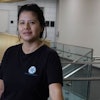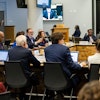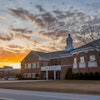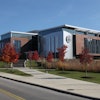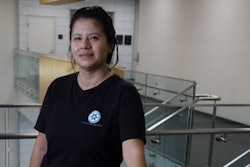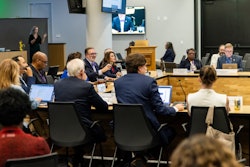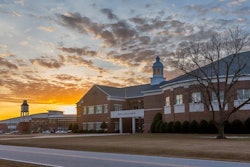The U.S. National Science Foundation (NSF) – partnering with the American Association of Community Colleges – announced the three winners of the Community College Innovation Challenge.
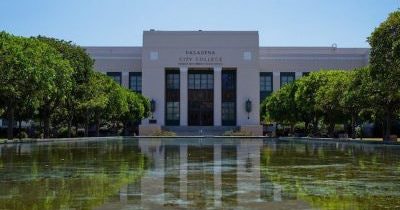
Borough of Manhattan Community College took second place, with a plan to use virtual reality to teach people with autism life skills such as personal grooming and taking public transportation.
Austin Community College came in third, with a data analytics system for police that uses artificial intelligence to match officers’ certifications and aptitudes with 911 callers’ needs.
“In the Community College Innovation Challenge, students tackle real-world problems. It has been inspiring, especially in the midst of the COVID-19 pandemic, to see how participants responded to this challenge with creativity and innovative ideas,” said Karen Marrongelle, assistant director for NSF’s Education and Human Resources Directorate. “Community colleges play an important role in building America’s skilled technical workforce, and it has been encouraging to see how participants have demonstrated their capacity to use STEM to make a difference in the world by translating knowledge into action. Congratulations to all the winners for their hard work.”
